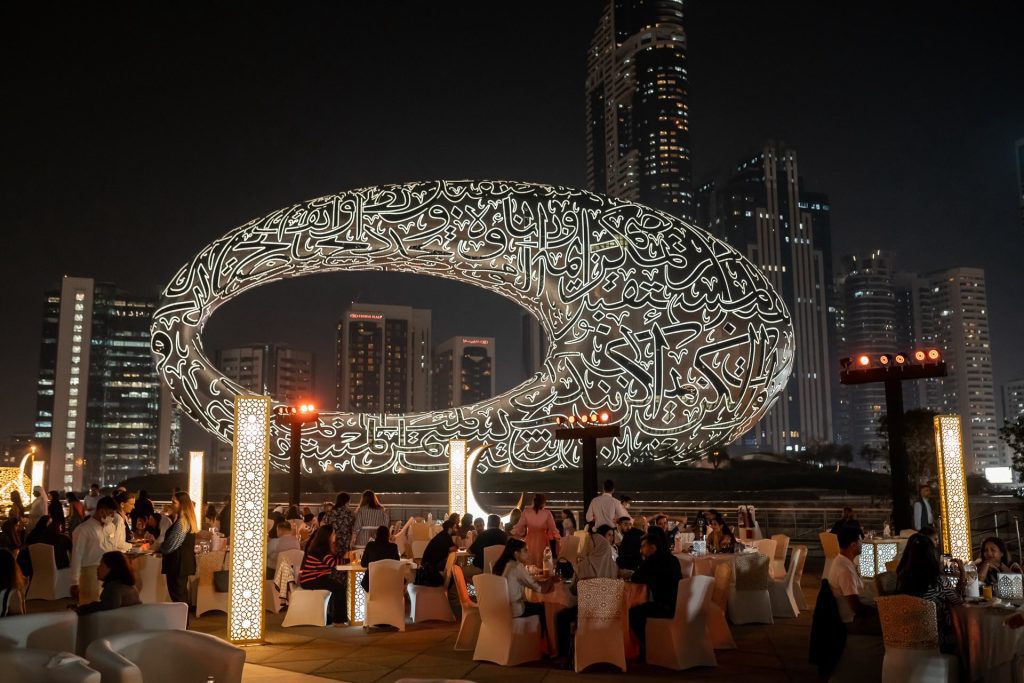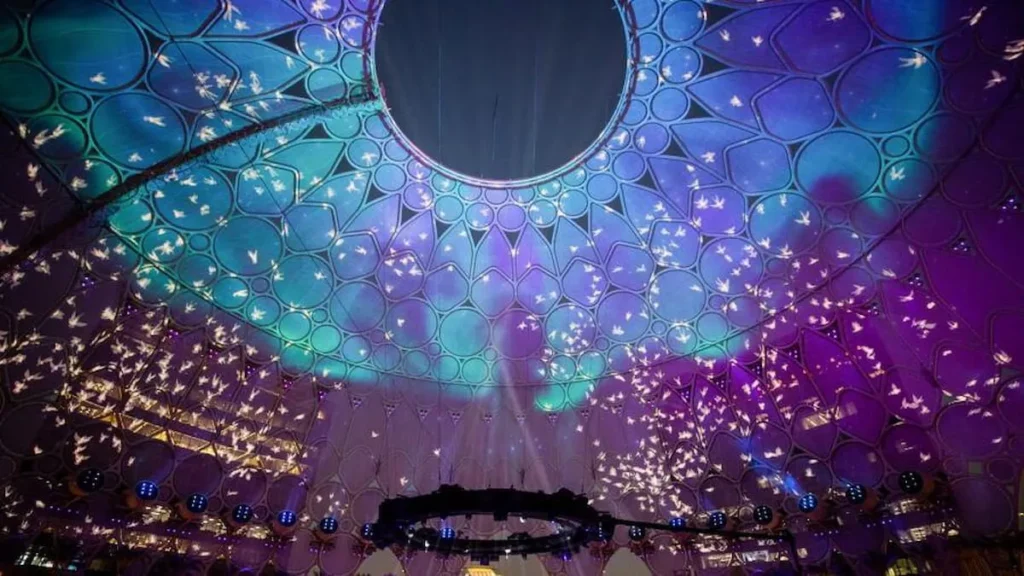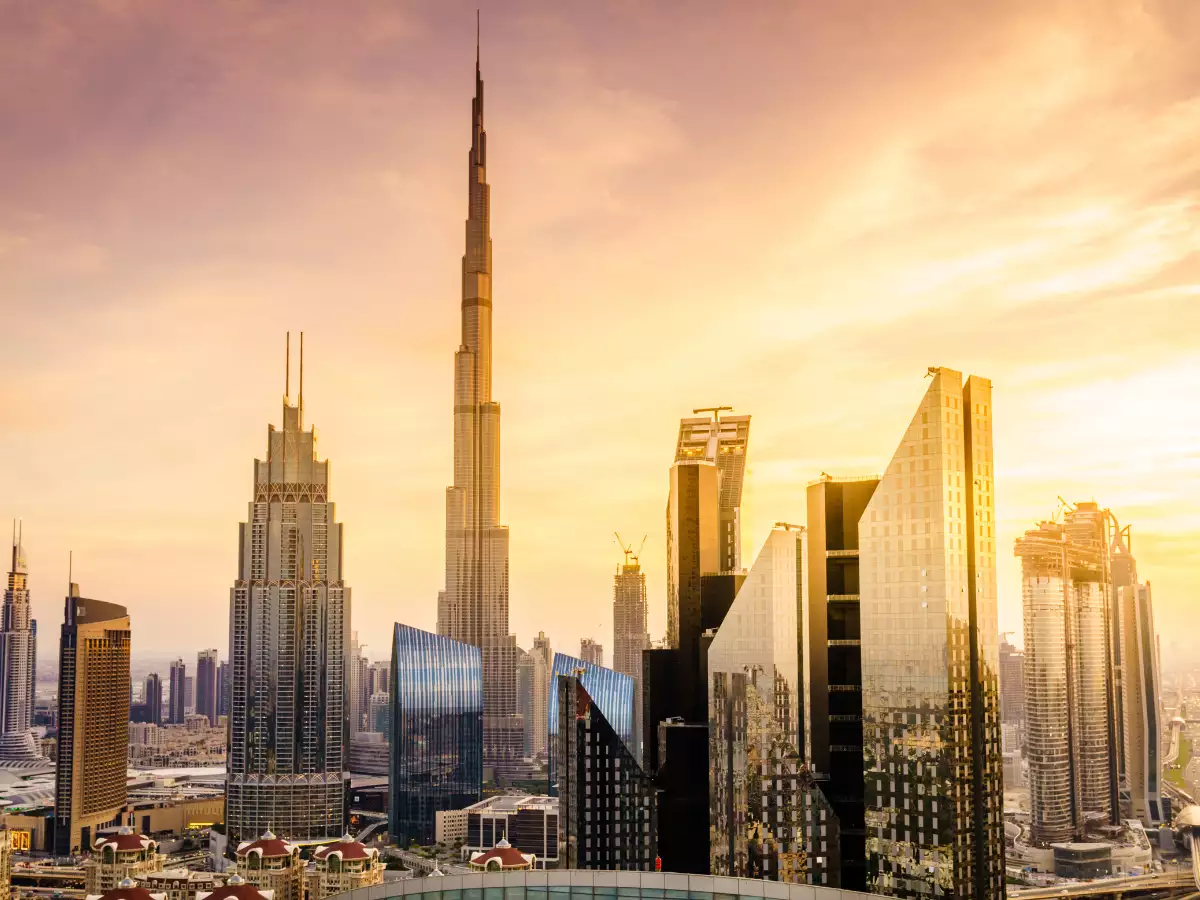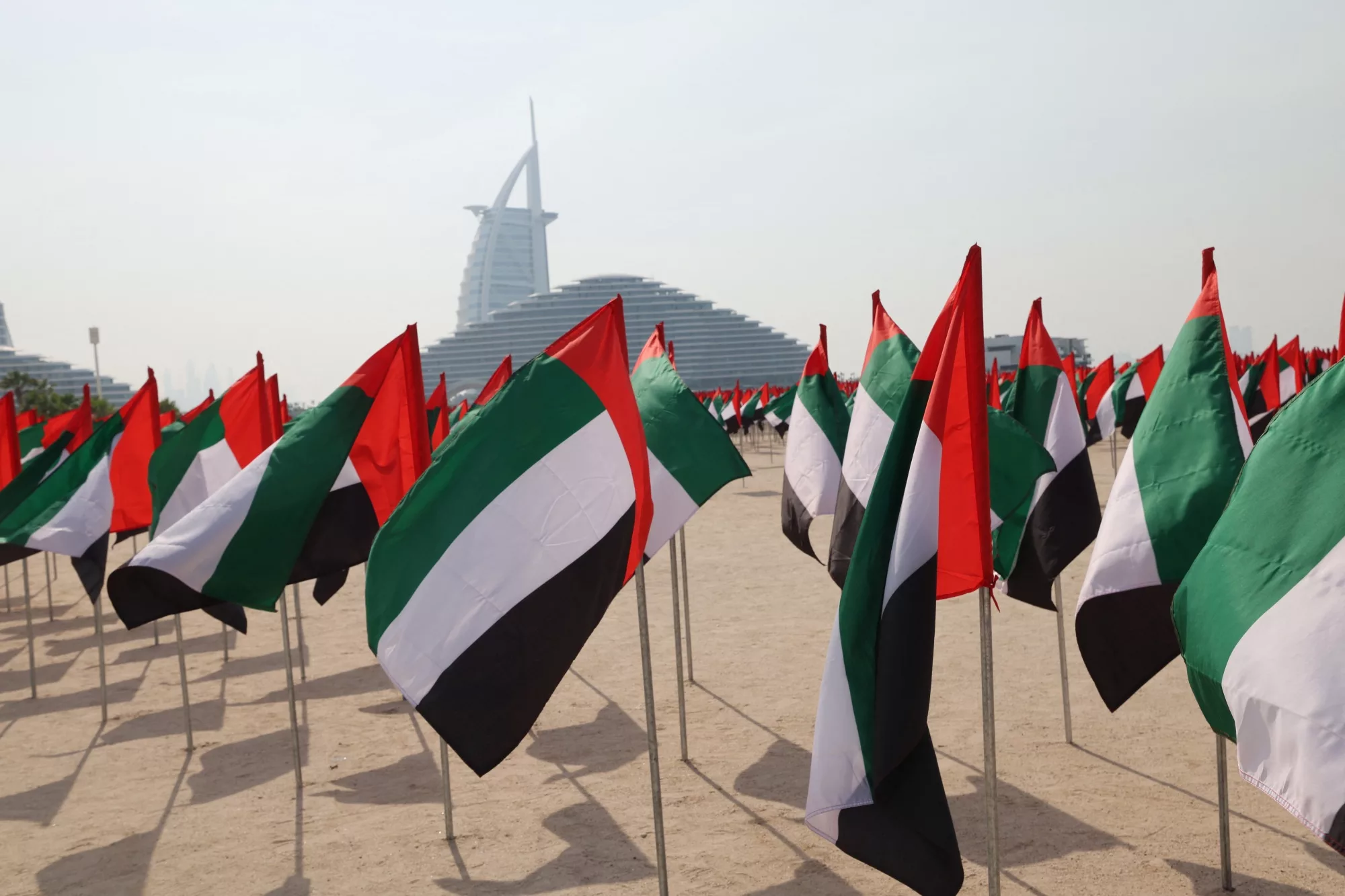During the holy month of Ramadan, the UAE embraces a period of heightened spirituality and a slower pace of life. The approach of Ramadan is heralded with the warm wishes of ‘Ramadan Mubarak’, signifying a blessed or joyful Ramadan, echoing across the Emirates.
This sacred month brings about alterations in daily life, affecting everything from office and school timings to parking regulations.
As per the Hijri calendar by Dubai’s Islamic Affairs and Charitable Activities Department (IACAD), Ramadan is set to begin on Tuesday, March 12, 2024.
Professional Schedules
To accommodate the spiritual and cultural observances of Ramadan, both fasting and non-fasting workers see a reduction in work hours. Typically, the UAE authorities announce shorter workdays for both governmental and private sectors. While certain roles may require extended hours, private sector employees usually benefit from a two-hour reduction in their workday, and public sector offices adjust to a six-hour workday from the standard eight.
Educational Timetables
During Ramadan, school days are shortened to five hours. This year, many educational institutions will also take a break for the first three weeks of Ramadan, coinciding with either the spring or term-end holidays.
Parking Regulations
Ramadan brings changes to the timings for paid parking, which will be specified as the month approaches. For instance, the previous year saw Dubai implementing parking fees from 8 am to 6 pm and then from 8 pm to midnight from Monday to Saturday, allowing a two-hour free parking window on weekdays. Sharjah had parking fees from 8 am to midnight from Saturday to Thursday.
Dining Establishments
In Dubai, most restaurants and cafes operate as usual during Ramadan. Visit Dubai notes that while non-Muslims aren’t required to refrain from daytime eating and drinking in public, doing so as a mark of respect for those fasting is a considerate choice.
Iftar Dinners
Iftar, the meal that breaks the day’s fast following the Maghrib prayer, is a significant part of Ramadan, often shared among family and friends. Dubai’s hospitality scene offers an array of Iftar specials, with many establishments presenting lavish feasts and discounts for these evening meals.

Worship and Taraweeh Prayers
The adjustment in work hours allows fasting Muslims to attend most of their daily prayers at mosques, which are especially crowded for the Taraweeh prayers held after the Isha prayer.










